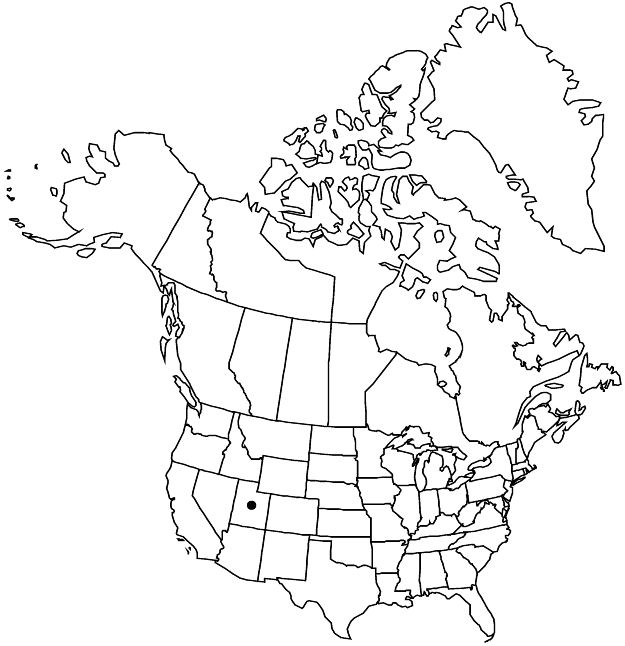Difference between revisions of "Sphaeralcea psoraloides"
Great Basin Naturalist 40: 36. 1980.
imported>Volume Importer |
imported>Volume Importer |
||
| Line 55: | Line 55: | ||
|publication year=1980 | |publication year=1980 | ||
|special status=Conservation concern;Endemic | |special status=Conservation concern;Endemic | ||
| − | |source xml=https:// | + | |source xml=https://bitbucket.org/aafc-mbb/fna-data-curation/src/2e0870ddd59836b60bcf96646a41e87ea5a5943a/coarse_grained_fna_xml/V6/V6_681.xml |
|subfamily=Malvaceae subfam. Malvoideae | |subfamily=Malvaceae subfam. Malvoideae | ||
|genus=Sphaeralcea | |genus=Sphaeralcea | ||
Latest revision as of 22:23, 5 November 2020
Plants perennial. Stems erect, yellow-green, 1.4–2(–3) dm, stellate-canescent. Leaf blades yellow-green, triangular to deltate, usually 3-(or 5-)lobed, lobes unlobed or broadly oblanceolate, 1.3–3.5 cm, not rugose, base cuneate(-truncate), margins entire, surfaces sparsely stellate-canescent. Inflorescences racemose, open, flowers usually 1 per node, tip leafy; involucellar bractlets tan. Flowers: sepals 4.5–8 mm; petals red-orange, 10–17 mm; anthers yellow. Schizocarps flattened-hemispheric; mericarps 9–13, 2–2.5 × 2 mm, chartaceous, nonreticulate dehiscent part 10–15% of height, tip acute, indehiscent part wider than dehiscent part, sides reticulate. Seeds 1 per mericarp, dark brown to black, glabrous or pubescent.
Phenology: Flowering spring–summer.
Habitat: Clay or gravel soil
Elevation: 1200–1900 m
Discussion
Sphaeralcea psoraloides resembles S. coccinea but has markedly greenish, simply-lobed leaves; it occurs in Emery, Grand, and Wayne counties.
Of conservation concern.
Selected References
None.
